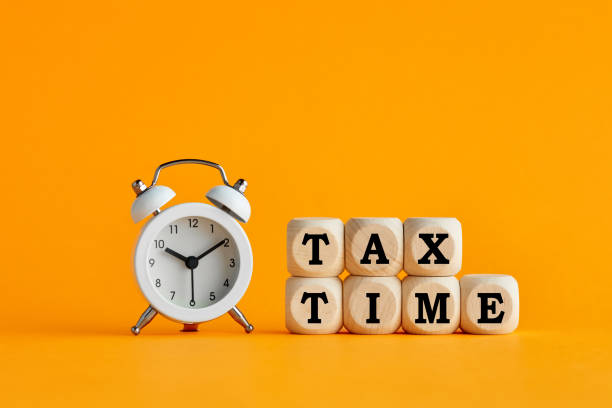April 11th in Spain begins the income tax return campaign. It is an important one and it will last until 30th of June. And here is why.
If you are an employee in a company, in your invoice you probably have a row with a name “IRPF” and deductive numbers for it. The percentage is progressive and depends on your yearly income, and of course, the more you earn, the higher the percentage is.
The IRPF (Impuesto sobre la Renta de las Personas Físicas), is paramount. Let’s delve into what IRPF is, how it applies in Barcelona, and the different tax rates for various income levels.
What is IRPF in Barcelona?
- IRPF, or Personal Income Tax, is a direct tax levied on the income of individuals in Spain, including residents of Barcelona. Yes, even if you are not a citizen, but have employment here, you should pay it. Once you start paying it, you have to declare it every year.
The IRPF encompasses earnings from employment, self-employment, capital gains, and other sources. The tax is progressive, meaning the rate increases as income rises.
The tax rates for IRPF in Barcelona vary based on income brackets. As of 2024, the tax rates for different levels of income are as follows:
And here is the trick. Since these rates are progressive, meaning individuals are taxed at different rates for different portions of their income. For instance, if you earn €50,000 annually, you would pay 19% on the first €12,450, 24% on the portion between €12,450 and €20,200, 30% on the income from €20,200 to €35,200, and 37% on the remaining amount exceeding €35,200.
If you are a resident of Barcelona and just started your official contract, the first year the company by default will assign you 2%, doesn’t matter how much is your annual earnings. But once you declare your taxes and next year will continue with 2%, but it turns out that you had to declare 24%, the difference will be asked to pay. That’s why it is so important to know your rate. You can also increase it voluntarily; if you pay more than you should, the difference will be returned.

In Spain, including Barcelona, the tax season typically starts in early April and runs through June. During this period, individuals are required to file their tax returns for the previous calendar year. It’s crucial to be aware of these dates to avoid penalties for late filing. You won’t know about your penalties until you fill the taxes for the next year, or when you will need to renew your NIE/TIE card and the migration office will require a special certificate to confirm that you don’t have tax debts. In this case you will need to go to the Tax office and pay all the penalties and then submit your certificate to the migration office again. So, think twice if you want this headache for yourself.
How to File Taxes Independently in Barcelona
Example of Filling in the Form:
Let’s consider an example of an individual in Barcelona filing their tax return using
This person logs into the Renta Web platform and enters her/his employment income of €40,000 in the appropriate section. Then adds the investment income of €5,000 in the corresponding category for capital gains and investment income.
Next, he/she deducts eligible expenses, such as contributions to the retirement plan and charitable donations, reducing the taxable income. After reviewing the form for accuracy, the submits the tax return electronically.
Now having the governmental App Cl@ve Pin, you can submit everything online. There is a simulator (Renta Web Open Simulador) where you can check how much will be your tax return before submitting it.
Filing taxes independently in Barcelona is feasible for many individuals, especially those with straightforward financial situations. By understanding the process and utilizing online resources provided by the Spanish Tax Agency, individuals can fulfill their tax obligations efficiently and accurately. However, for complex scenarios or additional guidance, seeking professional assistance is always an option. Stay informed, stay compliant, and ensure your taxes are filed on time to avoid any penalties or issues.
If you need some help from a good professional and without paying a huge amount of money for nothing, here is a reference of a good Accountant that was helping me during these years when I had some difficulties to understand what % I should pay and other doubts. Jose Saludes ([email protected]). You can refer that you are from me :)

